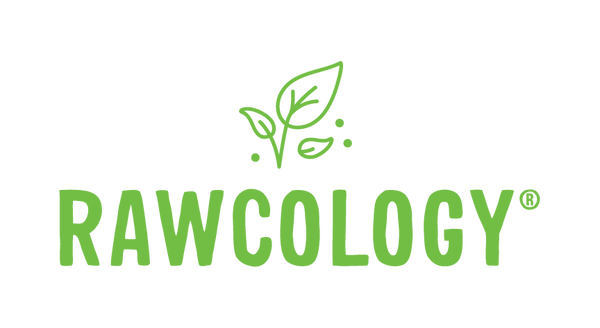Food for Thought: How Your Gut Microbiome and Diet Are Shaping Your Mood and Behaviour

In our fast-moving health culture, we often think of diet in terms of clean ingredients, calories, macros, or “superfoods.” What’s less talked about, but increasingly backed by research, is how what we eat influences our gut microbiome, and how in turn the gut microbiome influences our brain, behaviour and emotional well-being. Recent work highlights a reciprocal relationship between diet, gut microbes and behaviour: not only does diet shape our microbiome, but that microbiome can shape dietary choices and even how we feel. PMC
Why this matters
Your gut microbiome is more than just a digestive aid. It’s a complex ecosystem that interacts with your immune system, endocrine system and nervous system. The research emphasizes three key points:
-
Diet shapes microbiome composition — A shift in dietary pattern (for example, from processed to whole foods) can alter gut bacterial populations. PMC
-
Microbiome influences brain & behaviour — Through the “microbiota-gut-brain axis”, gut microbes can influence neurotransmitters, inflammation, and stress pathways, potentially affecting mood, cognition and appetite. PMC
-
Behaviour and diet interact with the microbiome — The article highlights that dietary behaviours (what we eat, how we eat) and the microbiome’s state seem to influence each other in a circular loop. PMC
In other words: what we eat influences our microbes, our microbes influence how we feel and choose food, and how we feel and what we choose to eat further influences the microbes. Recognising this loop opens up real possibility for interventions that go beyond calories and macronutrients.
What the research found
Some of the more actionable findings from the review include:
-
Alterations in gut microbial communities are associated with differences in mood, stress responsiveness, and cognitive behaviours. PMC
-
Diets high in fibre, plant-based foods and varied composition appear to encourage microbial diversity and health. Conversely, highly processed diets may impair gut microbial richness and resilience. PMC
-
The authors argue that behaviour around eating (such as frequency, timing, emotional eating, etc.) interacts with microbial ecology and metabolic outputs. PMC
-
While the research is still emerging and mechanisms aren’t fully mapped, there’s growing interest in using dietary modulation (and eventually targeted microbiome therapies) to support mental/emotional health. PMC
What that means for Rawcology and for you
At Rawcology, our philosophy is rooted in whole-food nutrition, mindful eating, and supporting your body’s innate systems (not battling them). Here’s how the emerging gut-microbiome research ties in:
-
Prioritize gut-friendly whole foods: Include a variety of vegetables, fruits, legumes, nuts, seeds and fermented foods (where appropriate). These feed your microbial allies and support diversity.
-
Honour how you eat, not just what you eat: Meals enjoyed mindfully, without rush, help the body’s digestive and microbial systems engage properly. The timing, frequency and environment of meals matter.
-
Recognize diet as behaviour as well as fuel: Emotional or stress-driven eating may not only affect your mood, but also your gut ecology. Building consciousness around eating patterns can support better outcomes.
-
See food as part of a system, not just for weight: Rather than solely focusing on calories or macros, recognising the gut-brain interplay invites a broader view: food for mood, digestion and microbial balance.
-
Stay tuned for future shifts: As the research deepens, we may see targeted microbial-support foods, pre-/pro-biotic strategies and personalized diet/microbiome approaches. Rawcology is positioned to lean into these responsibly.
A few caution notes
-
Individual responses vary significantly, what works for one person’s microbiome may not for another.
-
Diet is only one piece of the puzzle: stress, sleep, movement, environment and genetics all contribute to the microbiome-brain interface.
-
Always consider overall lifestyle and context; nutrition is one lever, not the only one.
Final take-away
Your gut microbiome isn’t just along for the ride, it may be on the driver’s seat of your mood, behaviour and dietary choices. By choosing nutrient-dense, diverse, whole-food meals and being mindful about how you eat, you’re supporting more than digestion: you’re supporting your brain, your emotional regulation and your microbial ecosystem.
At Rawcology, our commitment is to empower you with foods, habits and awareness that honour this whole-system view. Stay curious, stay nourished, and consider your gut not just as a digestive organ but as a partner in wellbeing.

